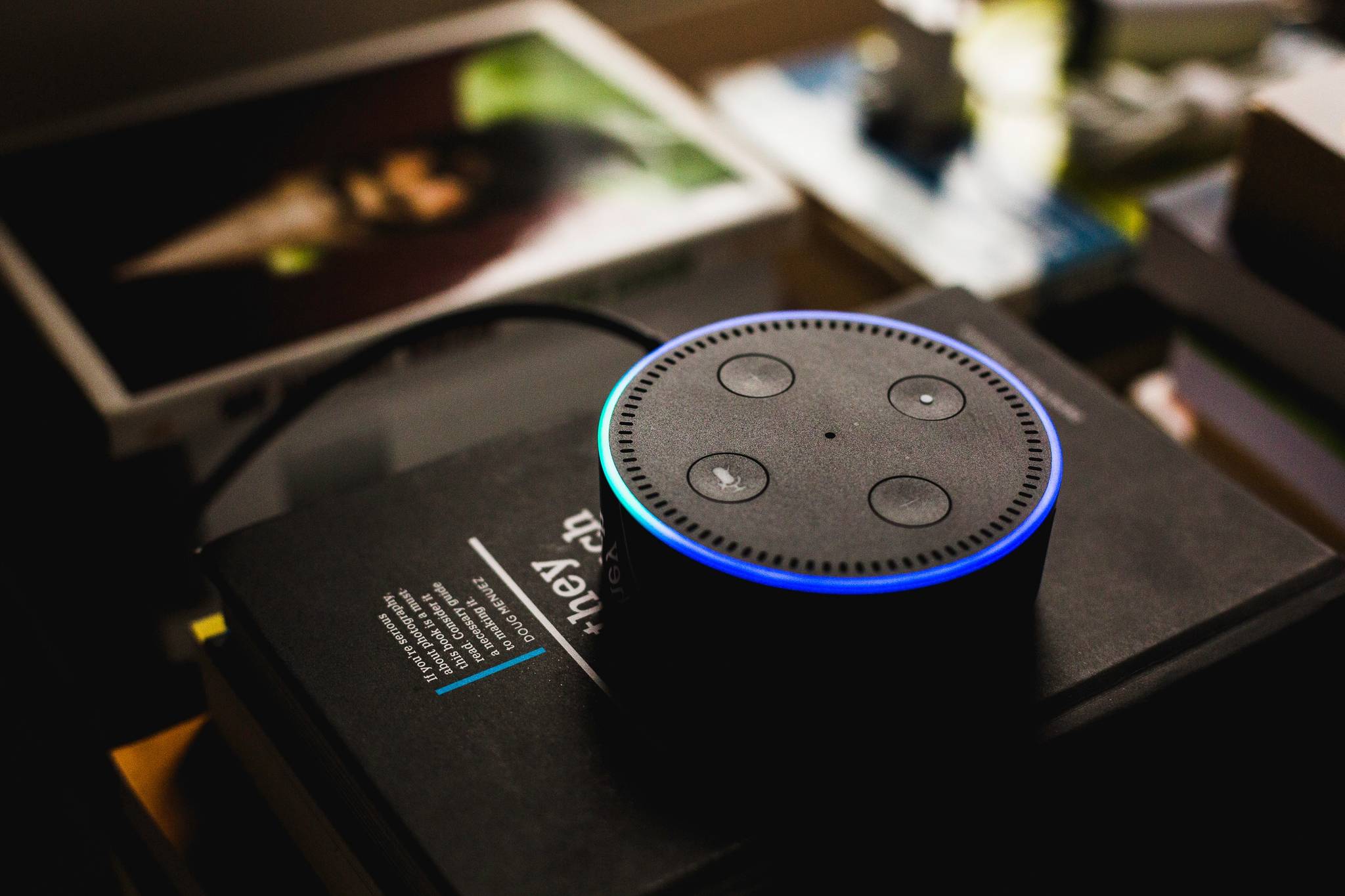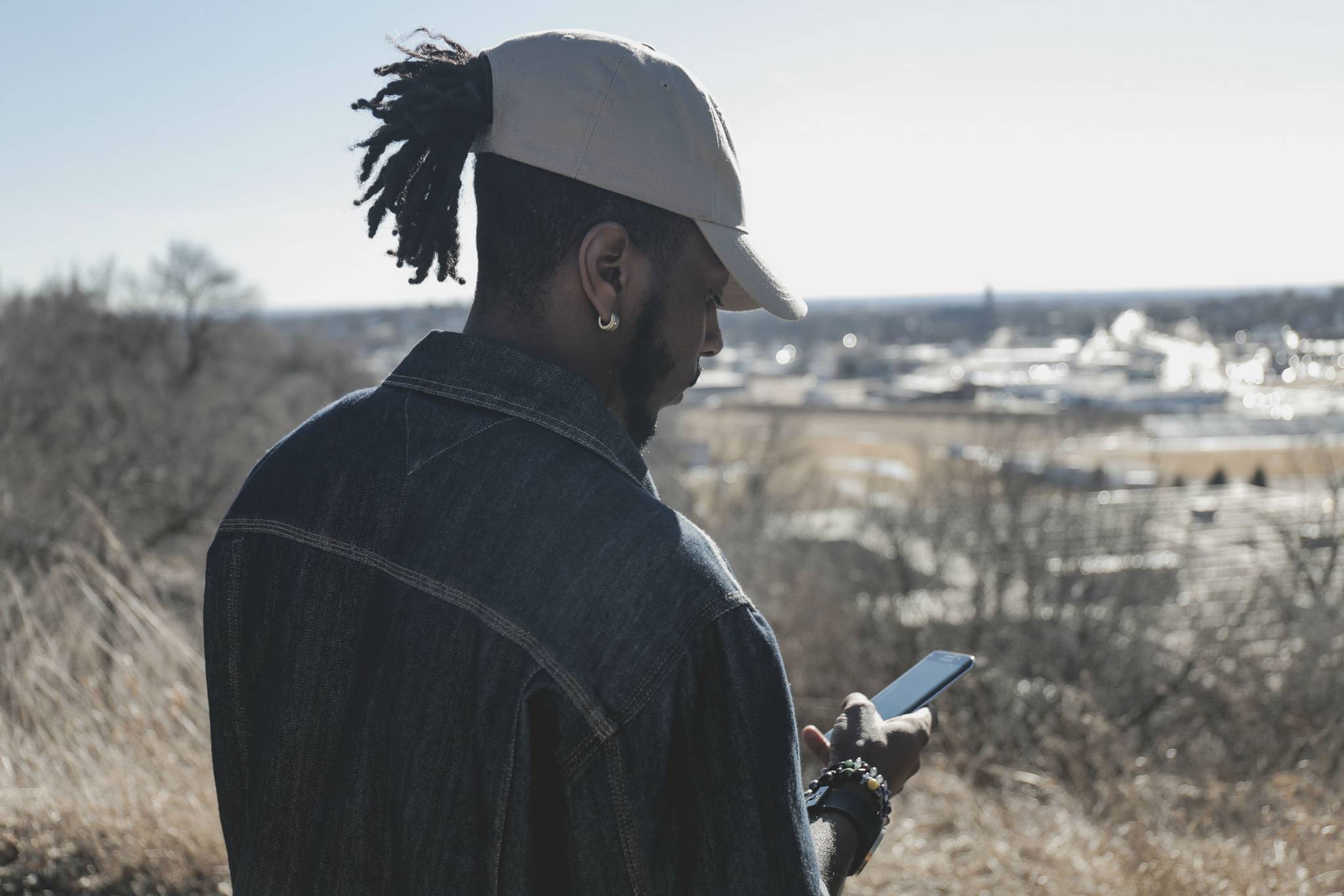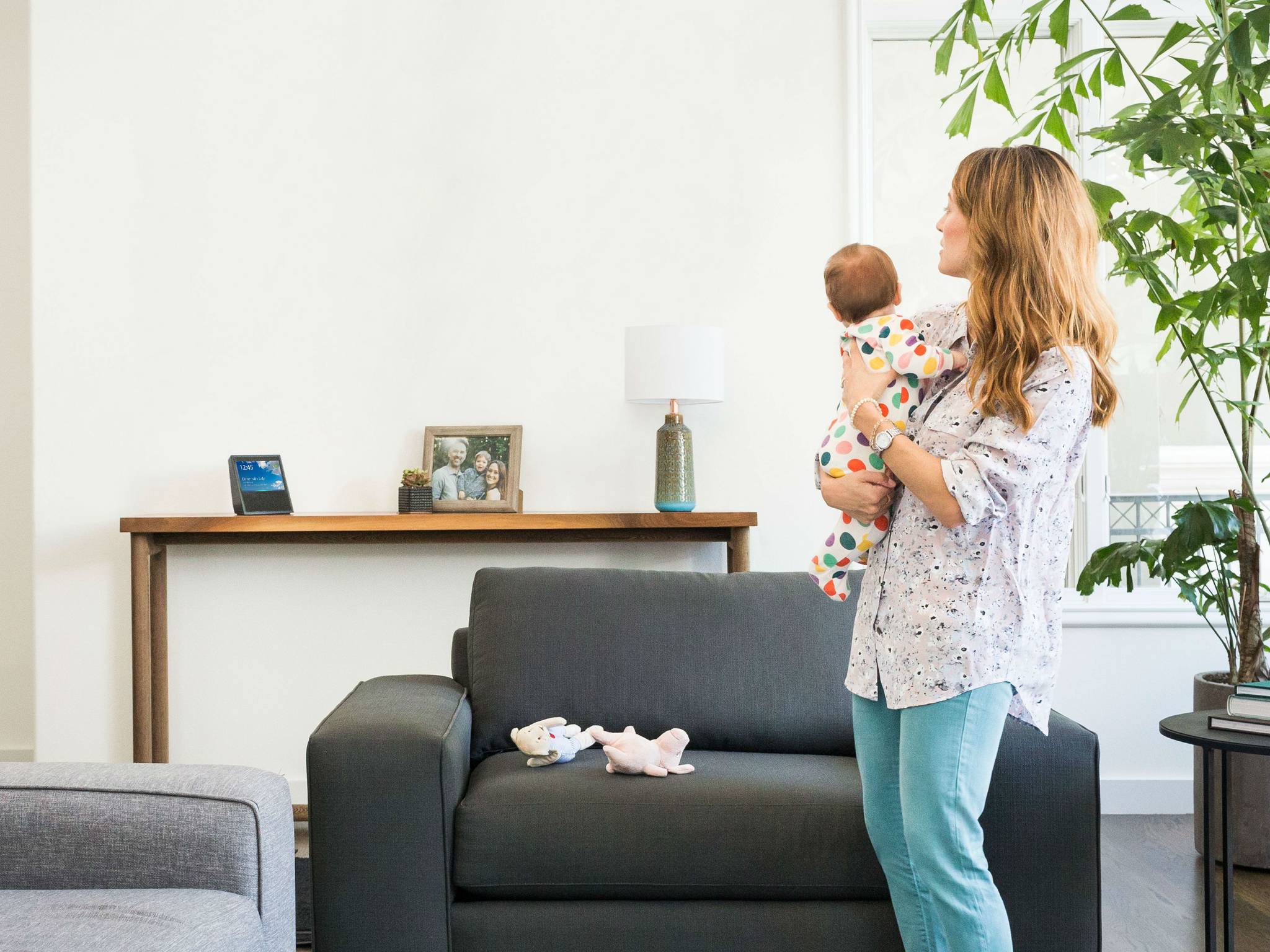
People want voice assistants to be more personable – but what if they were actually human? In Amazon’s Super Bowl spot, celebs are brought in to help when Alexa loses her voice – and chaos ensues. We discover the insights behind why people feel connected to their AI precisely because it isn’t human.
In Lucky Generals’ Super Bowl spot for Amazon Alexa, celebrities including Anthony Hopkins and Rebel Wilson fill in for the virtual assistant, who’s lost her voice. Rather than providing accurate instructions or the services requested, they make very human gaffes and quips. When an older man asks Alexa to play country music, Cardi B puts on ‘Bodak Yellow’, and when another man asks how to make a grilled cheese, Gordon Ramsay berates him from the device.
The spot wryly hints at the world’s increasing dependence on voice assistants; according to a report from NPM, 65% of Americans who have one say they wouldn’t go back to life without theirs. Much of the discussion around AI has circled around people ultimately wanting the tech to be more human, with 41% saying they speak to their device like a friend, and 46% of regular Alexa users saying they would like to have back-and-forth dialogue in order to get better answers.
But though tech firms are going as far as incorporating regional accents to make their voice assistants seem more relatable, Lucky Generals’ ad reminds people that they love Alexa – at least in part – because she’s not susceptible to human biases and inaccuracies. Research suggests that voice assistants have been welcomed largely because they assist without taking control – a deciding factor between people adopting a technology or fearing it.
Alex Quicho is the Americas editor at Canvas8, which specialises in behavioural insights and consumer research. Born in Boston and raised in Manila, she graduated from the Royal College of Art with a Master’s degree in critical writing. She loves to read and write about art, power, and the future.



